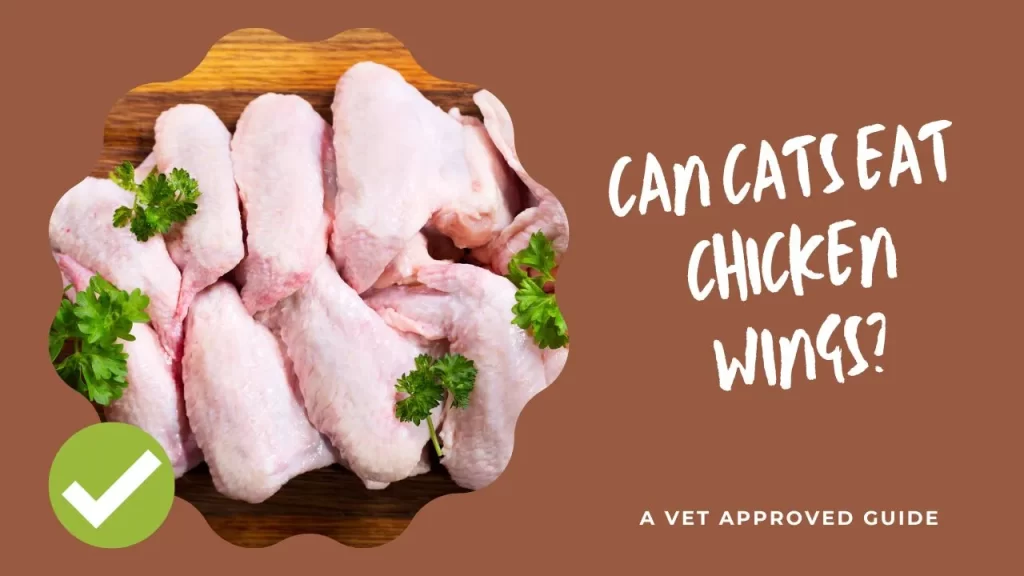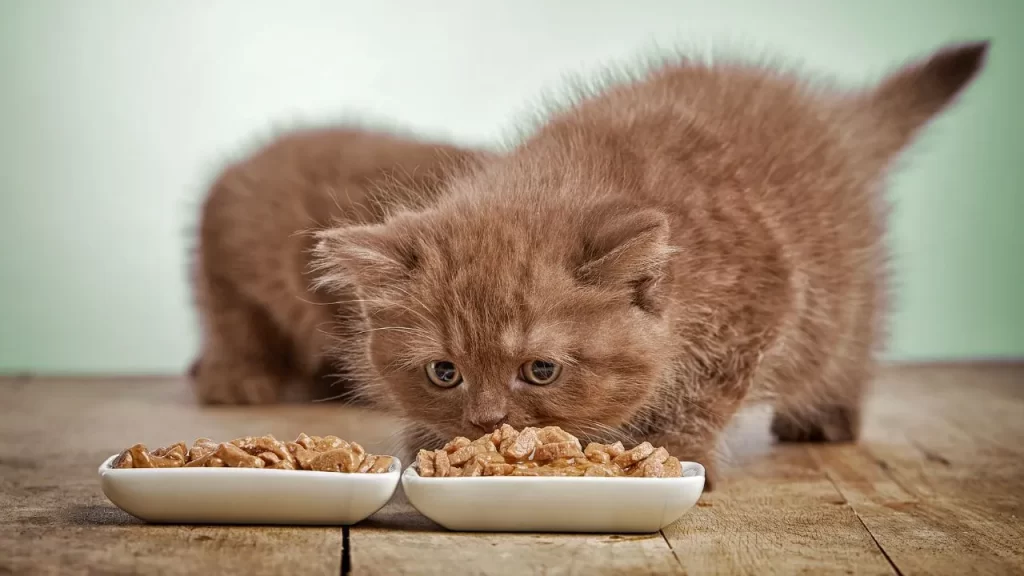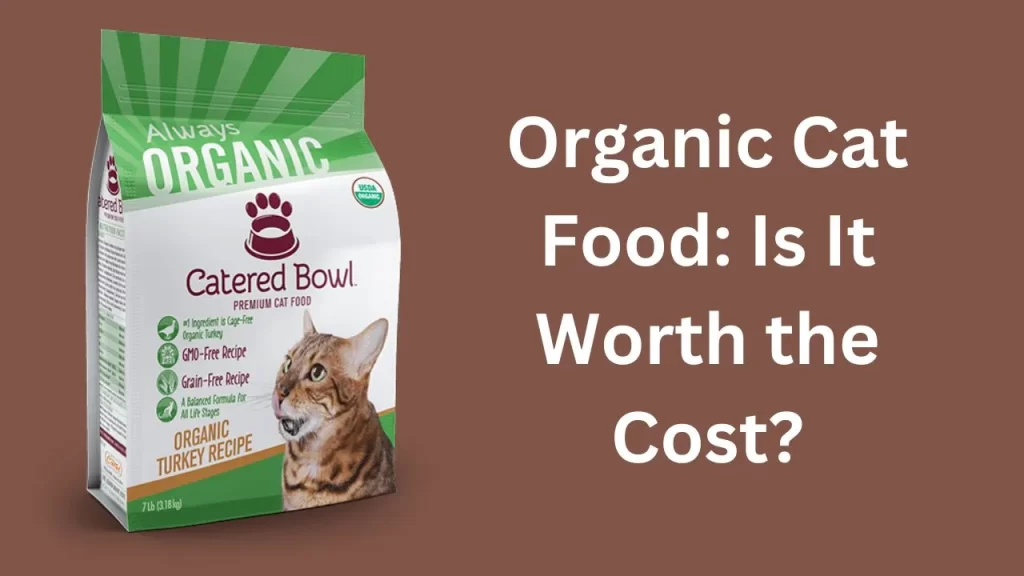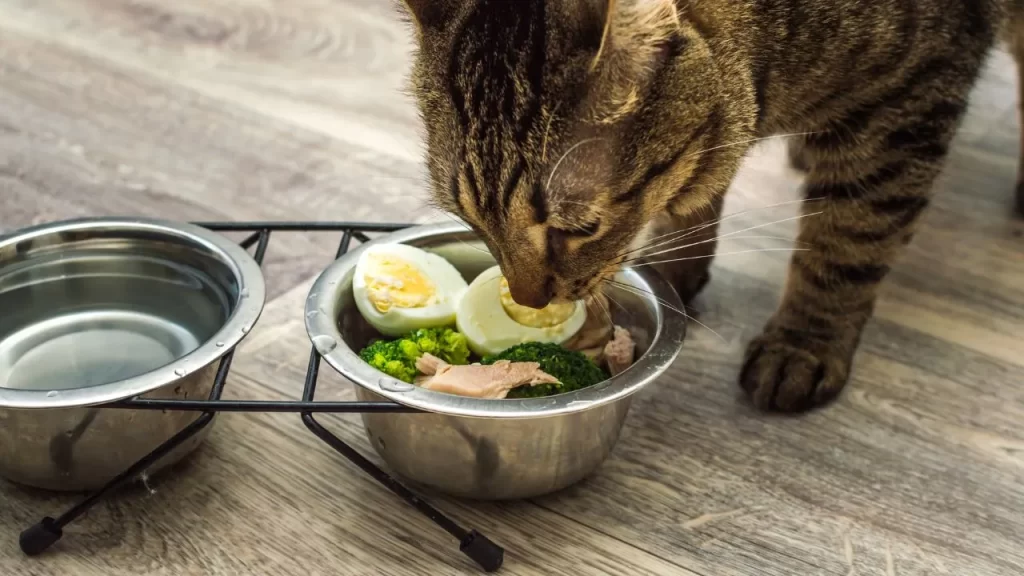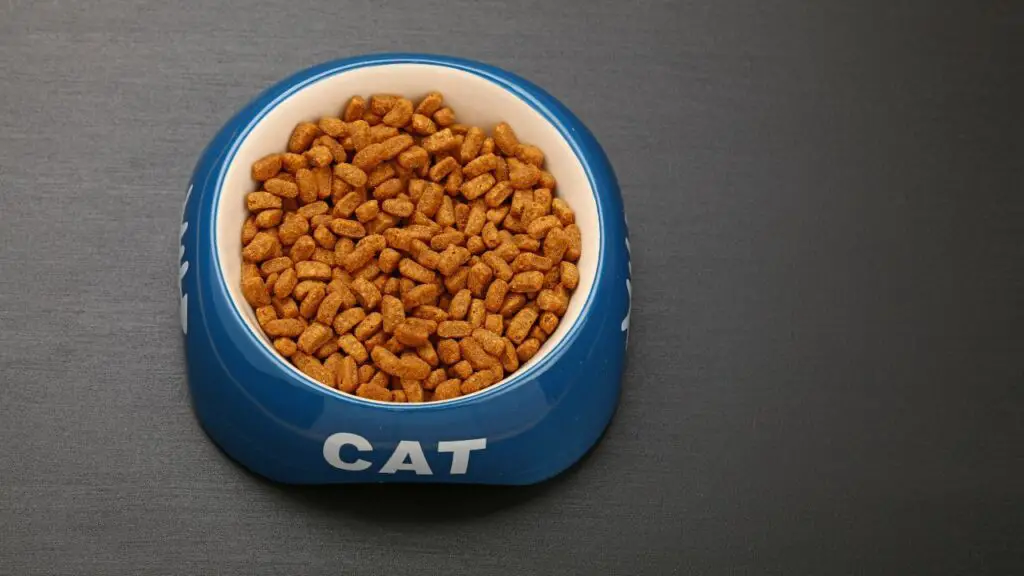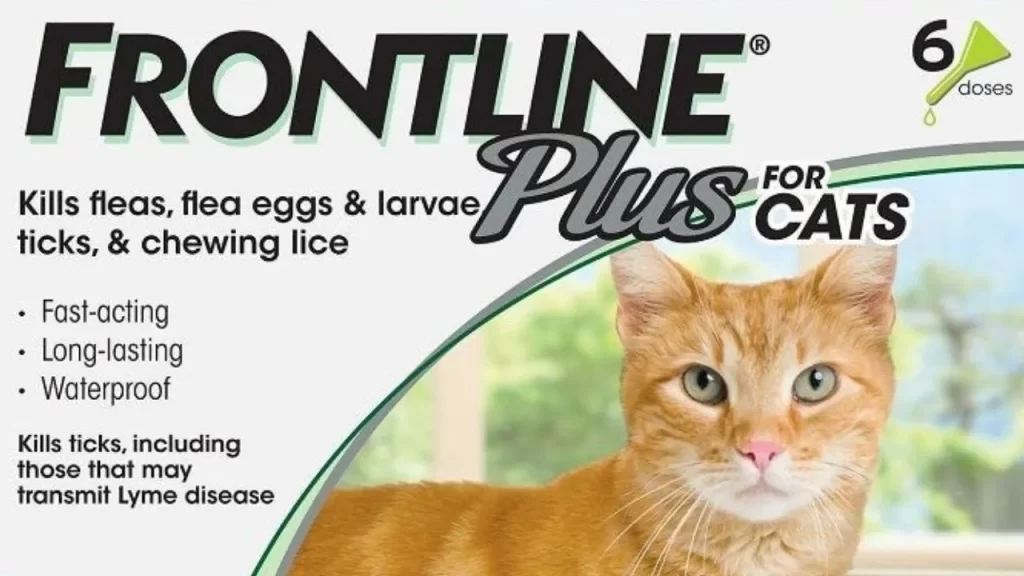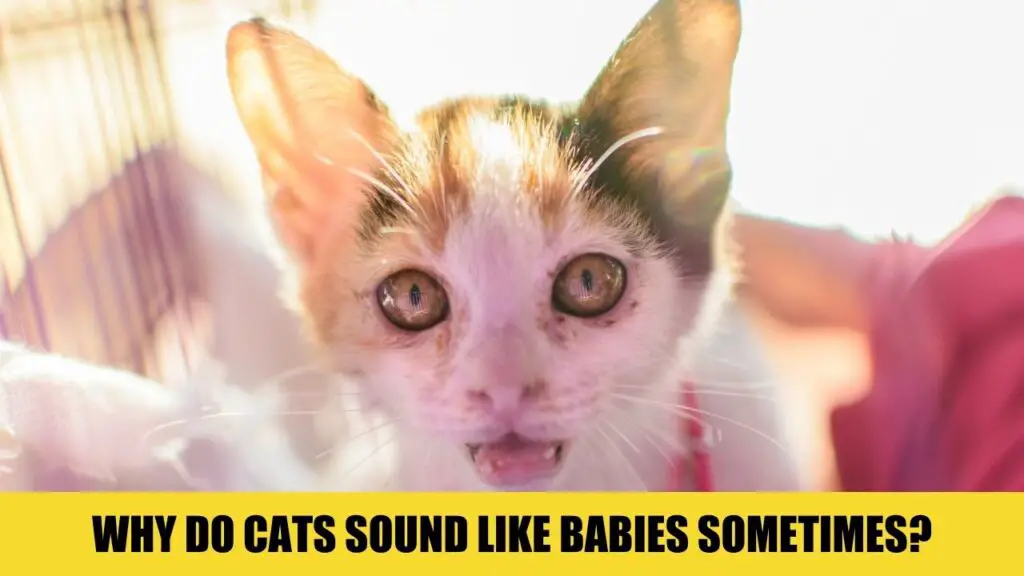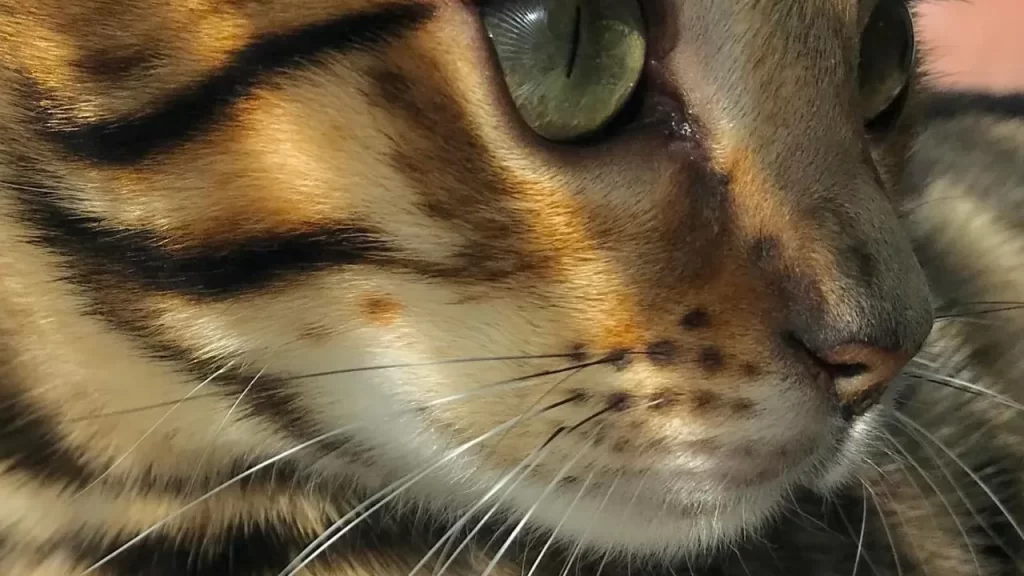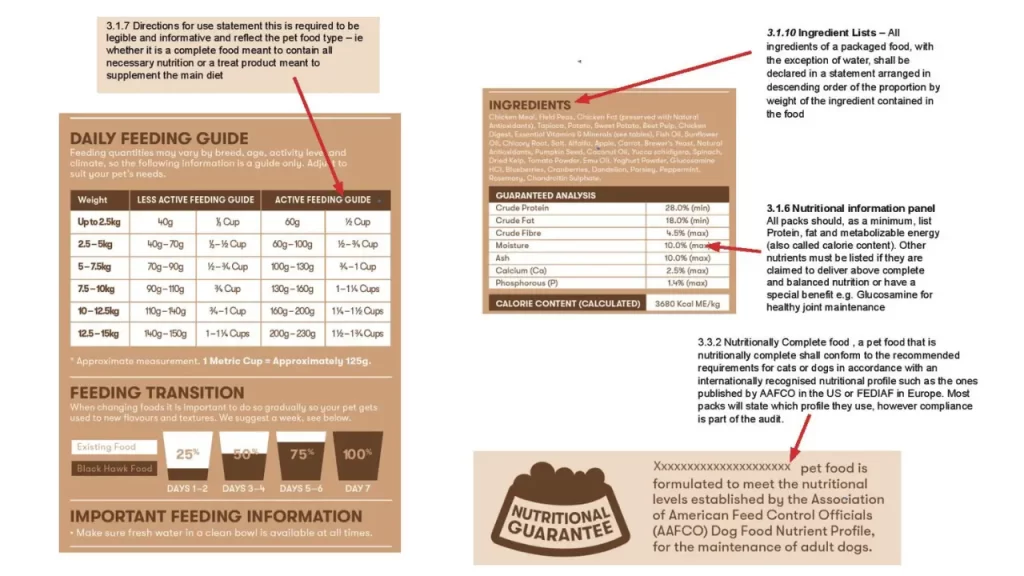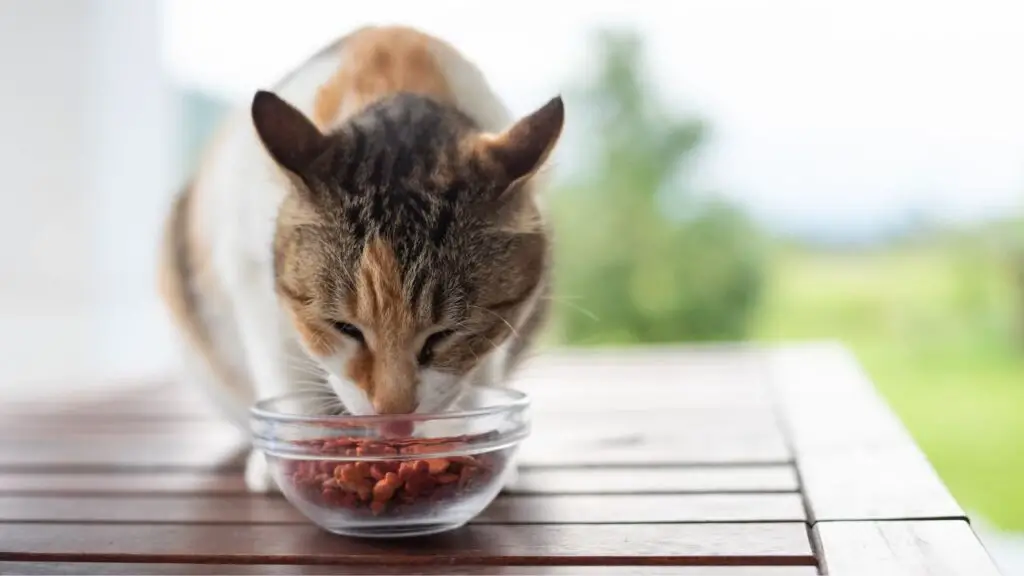Author: Dola Singha
Dola Singha is a cat enthusiast with a lifelong love for feline companions. She is an expert in all aspects of cat care, from nutrition and behavior to training and health.
Yes, cats can eat chicken wings, but only if they’re raw. Cooking the chicken wings will make the bones splinter, and that can be dangerous for your cat. Raw chicken wings are a nutritious source of protein that your cat can safely eat. They also help to clean off plaque and tartar buildup from your cat’s teeth. However, you should avoid giving your cat large chicken wing bones, as they can crack your cat’s teeth or become stuck in their throat. You can also safely feed your cat boneless chicken wings, raw or cooked. Are chicken wings a good source…
Cats are obligate carnivores, which means that they rely on nutrients found only in animal products. They need a balanced and complete diet that provides them with adequate amounts of protein, fat, carbohydrates, vitamins, minerals, fatty acids, and amino acids. However, some cats may have health conditions that require special diets to manage their symptoms and improve their quality of life. In this article, we will explore what special diets are, what types of special diets are available for cats, what common health conditions in cats may benefit from special diets, and some practical tips for implementing special diets for…
Cat food that complies with the USDA National Organic Program (NOP) qualifies as organic. This implies that its ingredients come from sources free from synthetic pesticides, fertilizers, hormones, antibiotics, and genetically modified organisms. Organic cat food might bring certain health advantages to your cat, such as a lower likelihood of allergies, digestive issues, or chronic diseases. Yet, it doesn’t necessarily excel over natural cat food. According to AAFCO, natural cat food, free from artificial colors, flavors, or preservatives, can also offer a balanced and nutritious diet if it comprises essential nutrients in quantities that match or surpass recommended amounts. Comparatively,…
Cats are obligate carnivores, which means they need animal products in their diet to get essential nutrients like protein, fatty acids, minerals, and vitamins. They also require taurine, an essential amino acid crucial to their well-being, which can be obtained from animal-based foods like meat, fish, and eggs. Dietary needs vary among different cat breeds. For instance, active cats may require more calories compared to sedentary ones, while those with urinary tract or kidney diseases may need a specialized diet. Considerations for specific cat breeds: Consulting with a veterinarian is crucial in determining the ideal diet for your cat, tailored…
The controversy surrounding grain-free cat food centers on its potential connection to dilated cardiomyopathy (DCM), a heart condition. The FDA has been investigating over 500 reports of DCM in dogs and cats that appear to be linked to grain-free or BEG diets (boutique, exotic, grain-free). These diets often contain high levels of legumes (peas, lentils, beans, potatoes) and exotic proteins (kangaroo, bison, alligator). Some experts suspect that these ingredients may interfere with taurine absorption, an essential amino acid for feline heart health. However, the exact cause of DCM in these cases remains unknown and is under investigation. Certain pet owners…
Frontline Plus is generally safe for cats when used as directed. Frontline Plus for cats is a spot-on treatment that kills fleas, ticks, flea eggs, and larvae on your cat and in their environment. It also kills mosquitoes and can treat other parasites like chiggers and mange mites. It is safe for cats older than 8 weeks of age, pregnant, breeding, or lactating cats, and waterproof. It has been trusted by pet owners for 20 years. Frontline Plus for cats works by targeting multiple life cycles for fleas and ticks, effectively killing adults, larvae, and eggs. Applied as a topical…
Cats sometimes sound like crying babies because they are trying to communicate something to their owners or other cats. Some possible reasons are: If your cat sounds like a crying baby, you should try to figure out what they need and provide it for them. Why do cats make high-pitched sounds similar to human babies? Cats make high-pitched sounds similar to human babies because they have evolved to manipulate humans’ parental instincts. According to some studies, cats can meow at the same frequency as an infant’s cry, which makes humans more likely to respond to and care for them. Cats…
There are several reasons for your cat’s whiskers turning black. One reason could be aging, as cats’ whiskers can change color as they get older. Another possibility is a medical condition like hyperthyroidism or diabetes, which can cause pigmentation changes, including in the whiskers. Additionally, dirty whiskers can turn black if your cat is a messy eater or enjoys playing in the dirt. If you’re concerned about your cat’s whiskers, it’s best to consult your veterinarian. They can help rule out any medical issues and provide guidance on maintaining your cat’s whiskers for optimal health and appearance. Here’s some additional…
Decoding the label is crucial when selecting cat food to ensure the optimal choice for your feline companion. Consider the following elements on a cat food label: What is the best way to store cat food? Here are some points you need to know: What are some common mistakes people make when feeding their cats? Here are some common mistakes people make when feeding their cats: What should I do if my cat has a food allergy? If your cat has a food allergy, there are a few things you can do to help them. Do cat food labels always…
Nutrition holds immense significance for your cat’s health. A balanced diet aids in maintaining optimal weight, imparting a glossy coat, and strengthening teeth and gums. Additionally, it prevents potential diseases like obesity, diabetes, and kidney disease. Here are some key points to remember while feeding your cat: In case of doubt about what to feed your cat, seek advice from a veterinarian. They can guide you in preparing a diet that suits your cat’s distinct needs. Here’s a handy guide for ensuring a healthy diet for your cat: Following to these guidelines can contribute significantly to your cat’s longevity and…




